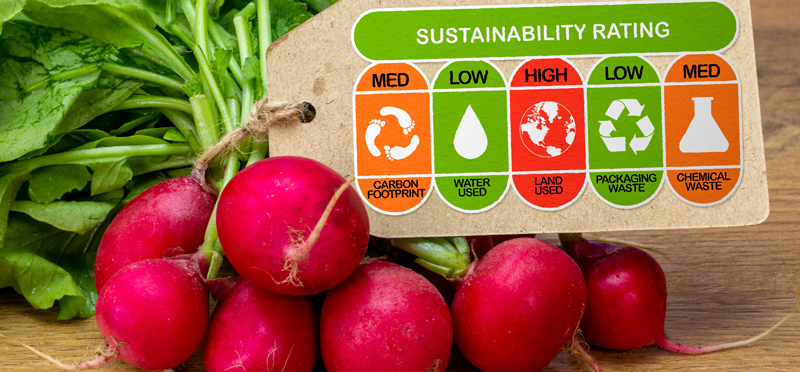Top Three Reasons Companies are Turning to CROs in China
Scroll Down to Read
By Renee Targos
Editor
China’s contract research organizations (CROs) industry began to undertake the R&D outsourcing business of international pharmaceutical companies 20 years ago, and since then expanded to agrochemical industry.
|
|  Daisy Hu Daisy HuPrincipal Regulatory Affairs Consultant, REACH24H Consulting Group |
AgriBusiness Global talked with two CRO experts: Nancy Xu is the Technical Director for Jinan Sunrise Agrotech Co., Ltd. and Daisy Hu, the Principal Regulatory Affairs Consultant of REACH24H Consulting Group about the rapid development of China’s CROs industry, and they gave us the top three reasons companies are turning to CROs in China.
1. INNOVATION
 |
“In China’s agrochemical industry, large-scale companies with brand advantages strive for continuous improvement of environmental protection and production safety. Companies also need to continue to invest in research and development to improve product quality and environmental performance. At the same time, with the increasing concern from consumers about pesticide residues and environmental pollution, companies need to constantly innovate products to meet market demand.” –Xu
“Under the current situation, China’s agrochemical industry is paying more and more attention to innovation, and the awareness of self-hold registrations across the world has increased. CROs have successfully helped enterprises solve many problems such as risk assessments for stereoisomeric impurity identification in the technical material, evaluation on non-genotoxic carcinogenicity and setting an acceptable upper limit concentration for the impurity of toxicological concern through plenty of experience in (quantitative) Structure Activities Relationship ((Q)SAR) and (eco)toxicological analysis. After the release of the new version of the Manual on the Development and Use of FAO and WHO Specifications for Chemical Pesticides, REACH24H has also helped enterprises with toxicological assessment in the FAO/WHO pesticide equivalence registration.” —Hu
2. CONSUMER AND GOVERNMENT PRESSURES
 |
“The changes in domestic and foreign environments, the agrochemical industry faces the pressure of environmental policy. As China emphasizes its environmental protection and continues to increase the strictness of environmental protection policies, agrochemical companies require more resources in R&D and application of environmental protection technology to meet the requirements of those environmental protection standards. To meet these requirements, agrochemical enterprises are turning to CRO laboratories.” –Xu
“After the official implementation of the Regulations on the Management of Pesticides (State Council Decree No. 677) in China, CROs are helping pesticide companies solve a series of difficulties in the identification and evaluation of relevant metabolites and impurities in China’s pesticide registration through in-depth technical research combined with the analysis of the current registration situation.” —Hu
3. FOREIGN TRADE MARKET
 |
“In recent years, more and more Chinese agrochemical enterprises have actively developed export businesses, needing overseas market registration. In the process of overseas registration, it is necessary to submit the corresponding GLP experimental data and reports according to the needs of the target market, whether it is to cooperate with the customer registration or self-registration. In the process of overseas registration, due to different target markets, registration requirements are different, and the requirements for laboratories are also different, which is why the role of CROs is particularly important.” –Xu
“CROs are actively working with partners to develop registration services in other countries and regions, in order to provide enterprises with global one-stop pesticide registration services, and to help companies establish a foresight and do an excellent job in global registration planning and market layout strategy.” —Hu. •
 Nancy Xu
Nancy Xu